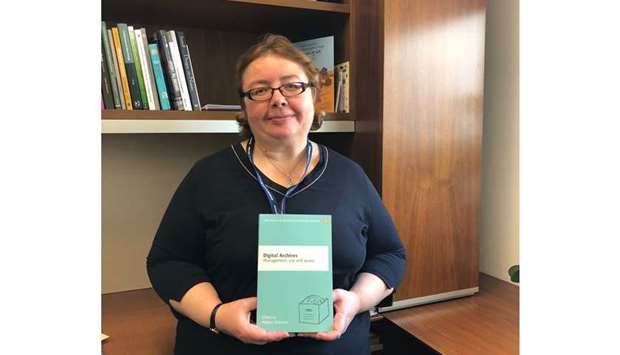A digital twin is a replica of a physical phenomenon or entity and its behaviour in the physical world. First established back in 2003, digital twins were used for various manufacturing situations, to better understand city infrastructures and support smart cities’ environments. Having a digital twin helps to better understand the physical entity and to identify possible functional improvements. With the pandemic restricting people to their homes around the world, we had to suddenly create digital twins, not only as instruments which help us to understand physical phenomena, but as rapid temporary replacements of them.
One area which did not adapt quickly to this change was the delivery of academic events. Wikipedia already maintains a page on essential events which have been affected by the pandemic. This page lists over 60 conferences which have been cancelled, over 20 events that have been postponed and some 9 scientific fora which have been transformed into online events. While this page is not guaranteed to capture all affected activities of the academic communities accurately, even as an indicative representation, it is surprising to note that only a small proportion of academic events are being adapted so they can be held online.
So why are online academic events still an exception rather than a rule? For the time being, we do not have a systematic answer, but there is some anecdotal evidence about online academic conference experiences.
The usual form of online delivery is to use videoconferencing or webcasting applications such as Zoom, WebEx, or Adobe Connect. However, besides the costs and security factors, emerging issues around participation show that the academic community across various disciplines still needs to gain more experience of using videoconferencing tools. Similarly, if a conference requires the presenters to pre-record their research papers, this involves another set of filming and editing skills that not everyone has, and tools that not everyone has access to.
The growing videoconferencing fatigue reported a few weeks after social isolation began is another contributing factor to the difficulties associated with switching to online delivery; especially as online events bring together participants from multiple timezones. Additionally, it can be difficult to get to grips with using multiple videoconferencing tools, which all have different systems and user experiences. And trying to remember how to operate the chat function for a less familiar tool can be even more challenging when a conference is taking place live and you are trying to follow the content.
Last but not least, the growing dependence on Internet bandwidth for online events impacts participants’ experiences, as advanced access to the internet differs in various parts of the world.
While keeping these factors in mind, UCL Qatar was challenged to choose an innovative way to deliver the 24th International Conference on Electronic Publishing (ElPub 2020). ElPub 2020 attracts communities of academics, students, practitioners, activists and policymakers interested in all aspects related to digital communication. The conference is a strong supporter of debates around Open Access, Open Science, and the digital divide. Due to the Covid-19 pandemic, the event was delivered as a hybrid online conference combining videos of four keynote talks with a more unconventional delivery of twenty papers through Twitter.
We had participants from Australia, Asia, Europe, South and North America; starting with a session led by contributions from Australia, and moving on to contributions from USA, Brazil and others. We grouped the papers in sessions, each focussing on a specific topic, which allowed participants from various time zones to attend based on their topic of choice. Each paper was presented as a thread of 8-12 tweets, prepared by the authors and sent to the host in advance. The tweets could feature up to four images or small videos. For ease of access, the tweets were shared from the conference account; this allowed for exchange of thought to be more focused, allowing contributions to be highlighted more efficiently and to a wider audience.
Adapting the conference to the current situation instead of simply cancelling the event demonstrated the exceptional commitment of UCL Qatar to sustain the continuity of this long-standing series of conferences.
We can expect that more events will experiment with different types of digital delivery in the future. Similar to other activities, the discovery that a digital twin can be applied to conferences successfully and help to engage bigger audiences, is likely to lead to a wider spread of online conferences in the future.
UCL Qatar is planning three other major events in 2020. The 5th Annual Forum of the Qatar Library and Information Association, the Bridging the Digital Divide of Smaller Cultural Heritage Institutions in Europe event and the 2nd International Conference on Museum Big Data (MBD2).

